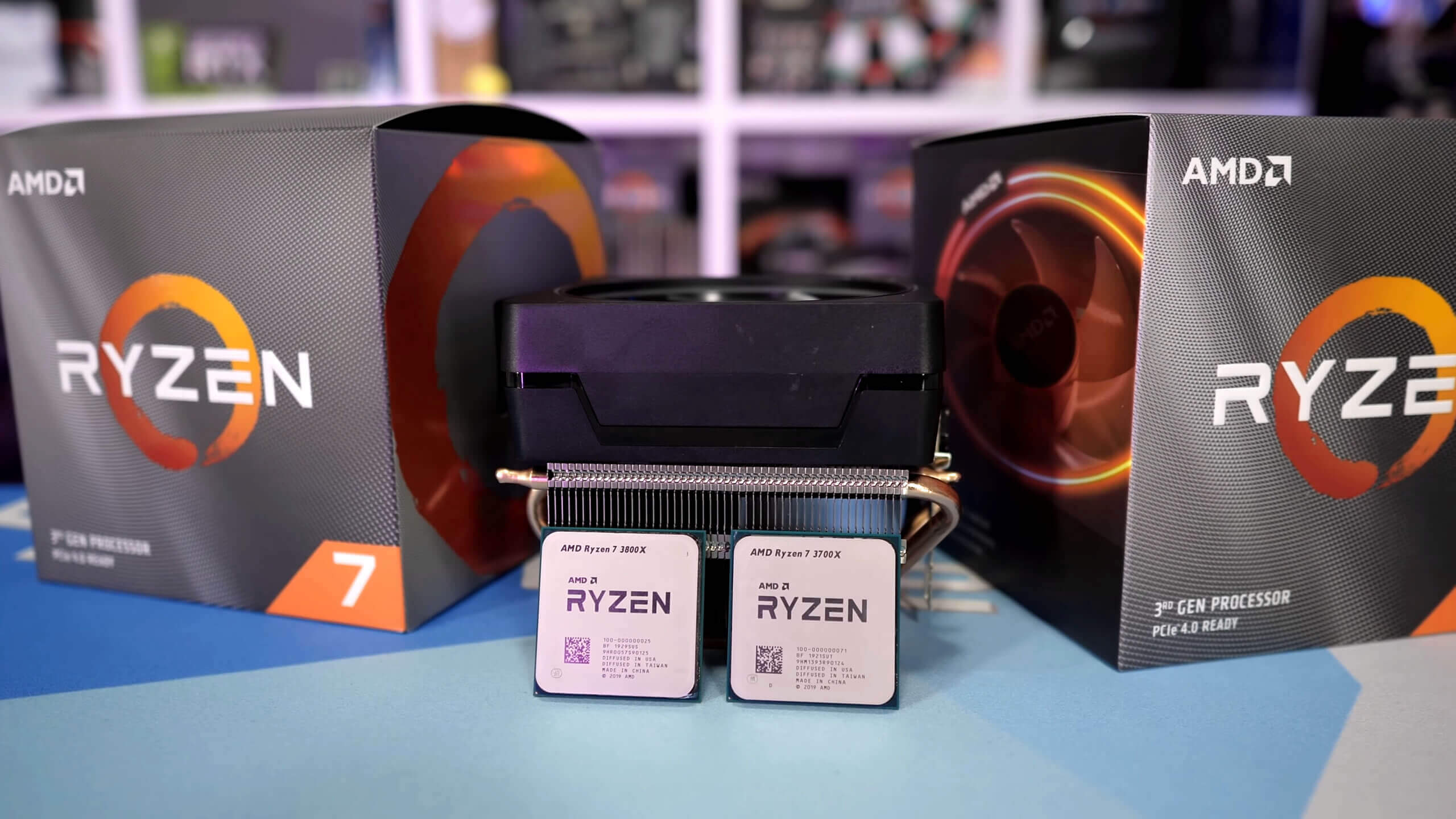Why it matters: AMD this week reported its highest quarterly revenue since 2005. For the three-month period ending September 28, 2019, the chipmaker brought in $1.80 billion in revenue, a nine percent increase year-over-year. Things are looking positive heading into the holidays.

Operating income for the quarter was $186 million versus $150 million a year ago and $59 million last quarter. Net income checked in at $120 million, up from $102 million in the year-ago quarter and $35 million in Q2 2019. Diluted earnings per share checked in at $0.11 compared to $0.09 last year and $0.03 last quarter.
AMD President and CEO Dr. Lisa Su said she is extremely pleased with their progress as they have the “strongest product portfolio in our history, significant customer momentum and a leadership product roadmap for 2020 and beyond.”
Su added that the first full quarter of 7nm Ryzen, Radeon and Epyc processor sales was largely responsible for the revenue hit. The company also turned in its highest quarterly gross margin since 2012 and a “significant increase in net income year-over-year.”
For the all-important holiday fourth quarter, AMD anticipates revenue of $2.1 billion. If it can hit that mark, it’d represent an increase of 48 percent year-over-year and 17 percent sequentially.
Intel, meanwhile, published its Q3 earnings report last week. Chipzilla posted revenue of $19.2 billion with earnings per share of $1.35 and raised its full-year outlook by $1.5 billion to $71 billion.
https://www.techspot.com/news/82578-amd-reports-highest-quarterly-revenue-since-2005.html